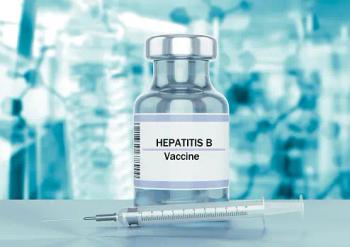
Insights from CROI on the HepB-CpG vaccine trial.

Insights from CROI on the HepB-CpG vaccine trial.
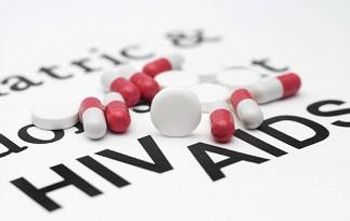
Biomarkers associated with mortality differed by sex and there may be distinct pathophysiologic mechanisms that account for the increased risk seen in females, according to investigators.

Unraveling monocyte activation and the implications for cardiovascular risk

A reduced risk of individual symptoms associated with the condition was reported when patients were administered the therapy within 2 days of admittance.
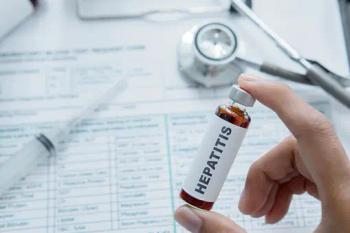
Insights from phase 3 study evaluating bulevirtide efficacy in coinfections.

A National Institutes of Health (NIH) sponsored study reveals a need for more accurate screening in Black people and cisgender women.
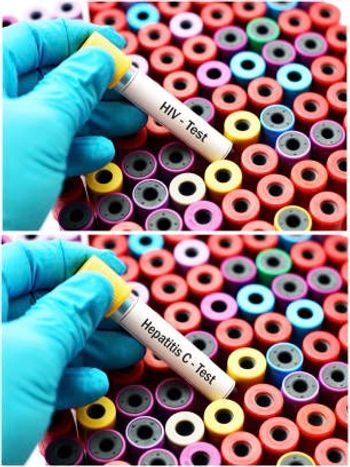
Study shows high efficacy of a 4-week glecaprevir/pibrentasvir regimen for shorter, more manageable treatment duration.

In a phase 1 study, the investigational therapy known as cabotegravir ultra long-acting (CAB-ULA), showed positive pharmacokinetic, tolerability, and safety data supporting a prospective move to the next stage of clinical development.
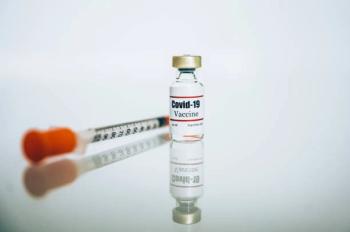
Study presented at CROI 2024 reveals chronic hepatitis B virus (HBV) infection heightens COVID-19 severity as vaccination reduces mortality and ICU demands in co-infected individuals.
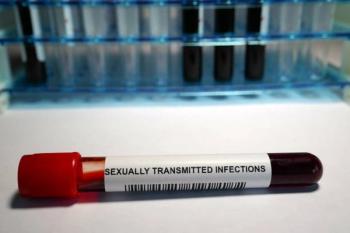
Study presented at CROI 2024 reveals that the introduction of Doxycycline post-exposure prophylaxis (doxy-PEP) guidelines in San Francisco has significantly decreased the incidence of chlamydia and syphilis

A new study offers some clues into the pathophysiology and biomarkers of post-acute Sequelae of SARS-CoV-2 (PASC).
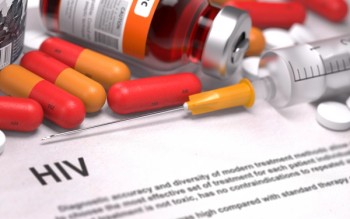
From the ongoing CROI meeting, the FDA approved antiretroviral was studied over a 2-year period and showed treatment benefit.

“The combination of the 2 drugs was shown in this trial to be noninferior to the standard 3-drug regimen,” said Jean Michel Molina, MD, PhD, lead investigator of Merck’s islatravir/doravirine study.

Investigators looked at people living with HIV (PLWH) and the impact of this form of medication on potential cardiovascular events.

“The biggest take-home message is to treat early,” says remdesivir investigator Mark Thrun, MD.

Remdesivir reduces COVID-19 mortality, in hospitalized patients who both did and did not require oxygen.
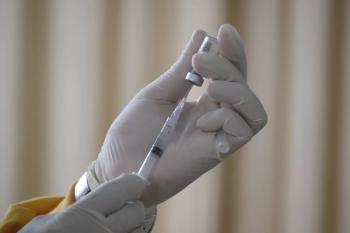
At the CROI conference, AELIX Therapeutics announced positive topline results for a phase 2a clinical trial.

Despite effective vaccines and other prevention and treatment modalities, hepatitis B remains a global health challenge. “It’s not for the lack of available tools,” says professor and hepatologist H. Nina Kim, MD, MSc.

“Patients deserve more than just viral suppression,” said Harmony Garges, MD, chief medical officer of ViiV Healthcare.

A researcher who presented at CROI discusses this prolonged and debilitating condition.

A clinician presenting at CROI discusses the phenomenon and offers insights and considerations for treating patients who are dealing with this.

Results reported at CROI showed that 2 cohorts of the ongoing, phase 3 DELIVER study that this form of PrEP modality posed no differences in pregnancy and infant outcomes.

“We should test everybody,” said Charles Béguelin, noting that the vast majority of hepatitis D infections go undetected.

“One size never fits all,” says hepatologist Anna Suk-Fong Lok, MD, emphasizing the need to tailor hepatitis B treatment to fit the patient.

A clinician offers insights on the initial conversations around learning to treat a chronic disease and the importance behind getting patients started down the right treatment path in the early days following a diagnosis.

The Conference on Retroviruses and Opportunistic Infections (CROI) begins today and SARS-CoV-2 has developed into a sustained topic at this annual conference.

Investigators looked at myocardial infarction risks over several years within 2 health care systems examining both people with HIV (PWH) and people without HIV (PWoH).

The investigational therapy has demonstrated promising results utilizing subcutaneous injections every 6 months.
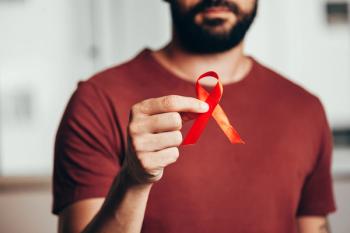
Hispanic/Latino people face disproportionately high HIV incidence, but one CROI 2022 study found those not born in the US are more likely to have stage 3 HIV (AIDS) diagnoses.

Due to policies rolling out HIV pre-exposure prophylaxis (PrEP) and commencing antiretroviral therapy at diagnosis, the UK is on track to eliminate new HIV infections among gay and bisexual men in approximately 25 years.